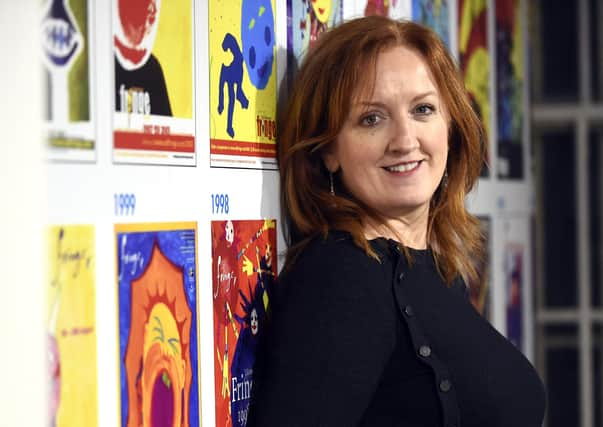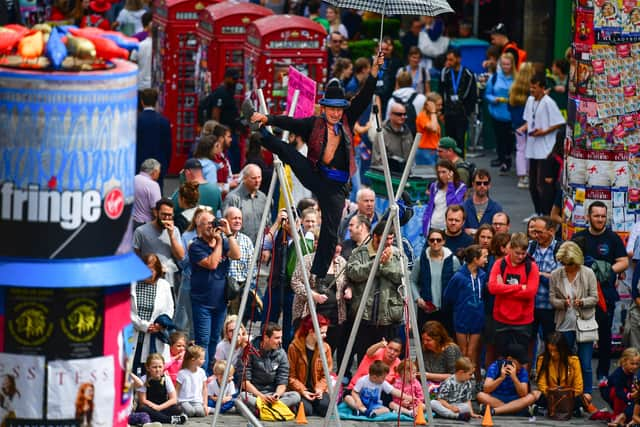Why the creative sector needs Government support to survive and thrive – Shona McCarthy


It’s a hard phrase to swallow, and an even harder one to comprehend. Catastrophe would mean losing live performance, music, theatre, comedy and visual arts. It would mean decimating our world-leading cultural scene, leaving thousands of talented creatives out of work. It would mean losing one of our most valuable sectors, one that was contributing £111.7 billion to the UK economy.
Covid-19’s impact has been felt all over the world, with many industries and sectors suffering greatly. Lockdown has highlighted the social and cultural benefits of engaging with music, dance, theatre and all forms of creativity. It’s been a way to connect us in a storm. But today, I want to emphasise the hardcore economic impact. It is expected that the creative sector will be hit twice as hard as the wider economy in 2020, with a projected UK-wide GVA shortfall of £29 billion. Closer to home, we estimate the direct financial hit to Fringe companies and venues to be at least £21 million, with most of these individuals and organisations receiving no public subsidy. Simply put, this is a massive hit, and we must do everything in our collective power to remedy it.
Advertisement
Hide AdAdvertisement
Hide AdAs the charity that underpins the festival, the Fringe Society was awarded a £1 million loan this month from the Scottish Government and a £100,000 grant from City of Edinburgh Council. We’re very grateful for this support. We’ve spoken openly on these pages about the financial knife edge the Society was on, and this money has been a life raft. But there’s still much to be done for the artists, companies and venues currently not being supported to create work.


In the coming weeks, we’ll be announcing our alternative plans for this year’s Fringe, which include a range of measures to fundraise for and support the brilliant creatives who make the festival happen. But we can only scratch the surface of what is needed. There needs to be a serious government response to support our creative sector, in a year when their ability to earn a living has been decimated, and in future years, to secure their recovery and resilience. This is not an ask for charity, but an ask for investment in what was one of the fastest growing areas of our economy pre-Covid, and that will bring huge returns for the country.
Alarmingly, Scotland is projected to lose 7000 creative jobs and see the largest percentage drop in creative industries GVA at £1.7 billion. At this time of year, we’re usually busy launching our programme, making all kinds of announcements about the exciting things we’ve got in store for August. But this year, we’re using our voice to call for support for artists, venues and creatives across the country.
A future without theatre, dance, music, comedy and art is a bleak future indeed. Not only is the creative sector a big economic driver, but it brings joy to millions. That joy is what brings the Fringe to life, and we can’t afford to let it fail.
Shona McCarthy is chief executive of the Edinburgh Festival Fringe Society
Comment Guidelines
National World encourages reader discussion on our stories. User feedback, insights and back-and-forth exchanges add a rich layer of context to reporting. Please review our Community Guidelines before commenting.